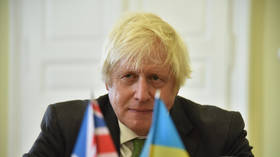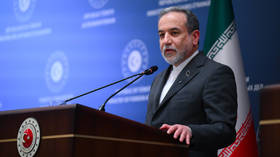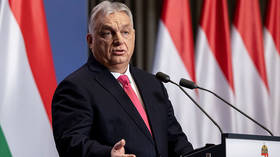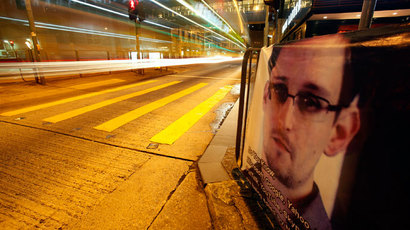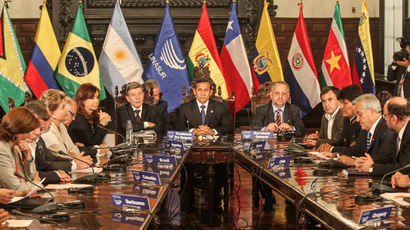Brazil to investigate evidence of sweeping NSA surveillance
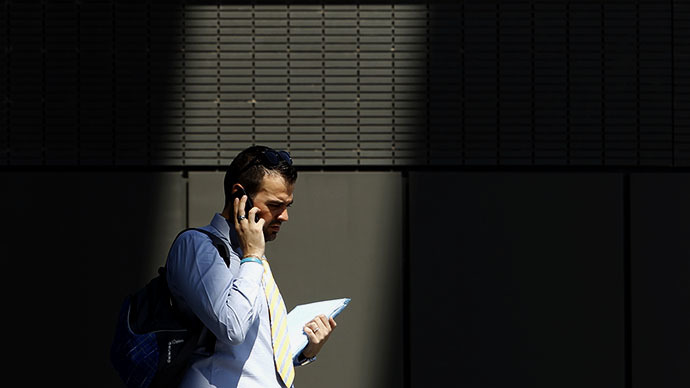
Brazil has launched an investigation as to whether telecoms operating within the country cooperated with the US as part of the NSA’s herculean surveillance operations.
Revelations that the NSA considered Brazil its top Latin American
priority in the monitoring of telephone and email conversations
broke over the weekend after the O Globo newspaper published
information provided by Edward Snowden.
Reaction by the Brazilian government has been swift. Anatel, the
country’s telecoms regulatory agency, is working with federal
police and other agencies to determine whether Brazil’s
sovereignty has been violated.
Brazil’s communications minister Paulo Bernardo told reporters on
Monday that he has “no doubt
whatsoever” Brazilian citizens and institutions were spied
upon, says the AP.
“Even the European Parliament
was monitored — you think that we weren’t? “, said
Bernardo.
“We have to verify the
circumstances in which this occurred, the exact way and
when,” he added.
Anatel released a statement saying that it is “worth clarifying
that the confidentiality of data and telephone communications is
a right guaranteed by the constitution, by our laws and by
Anatel’s regulations. Its violation is punishable in civil,
criminal and administrative realms.”
“If there was any involvement
of other countries, of other businesses that aren’t Brazilian,
then it’s certainly a violation of our sovereignty, without a
doubt, just like it’s a violation of human rights,”
President Rousseff said.
“Now, we have to look at things
without pre-judgment, we have to investigate,” she
added.

The Brazilian head of state intends to raise the issue of NSA
surveillance at the 193-country UN International
Telecommunications Union, as well as at the UN Commission on
Human Rights.
Details provided by NSA whistleblower Edward Snowden, in
conjunction with Guardian journalist Glenn Greenwald who also
currently writes a column for O Globo has left America’s top
diplomat, Ambassador Thomas Shannon, in the unenviable position
of responding to Brasilia’s outrage over the incident.
According to information reported by O Globo, the NSA was able to
collect data on a massive scale through an undefined association
with US and Brazilian telecoms. On Monday, the paper detailed the
existence of a large NSA data center in Brasilia for the purpose
of collecting intercepted global satellite communications until
2002. The latter was information provided by Snowden, though it
was unclear whether that data center was still in operation.
O Globo reports that, although there are no precise figures thus
far on the surveillance of Brazil, last January for example the
Latin American nation was thought to be only behind the US --
with 2.3 billion phone calls and messages intercepted by the NSA.
In a Portuguese-language interview with the Globo TV network,
journalist Glenn Greenwald said that information provided by
Snowden indicate the US was using Brazil as a “bridge” to gain
direct access to other country’s data traffic.
“We don’t have access to
China’s system, but we have access to Brazil’s system,”
Greenwald said.
“So, [they] collect the traffic
in Brazil not because we want to know what one Brazilian is
saying to another Brazilian, but because we want to know what
someone in China is saying to somebody in Iran, for
example,” he added.
The US State Department has so far declined to comment on the
alleged surveillance, while Ambassador Shannon denied the
existence of a cooperative agreement with Brazilian companies to
monitor the country during a meeting with Bernardo on Monday.
In response to allegations of widespread American surveillance of
Brazil several of the country’s senators called for a harsher
response by the government, including cancelling Rousseff’s
upcoming state visit to the US, and extending an offer of asylum
to Edward Snowden.
Aloysio Nunes, leader of the centrist Brazilian Social Democracy
Party, called for Brasilia to issue a formal protest with the US,
and to seek technological solutions to evade surveillance, though
he did not go as far as suggesting the country follow Venezuela,
Bolivia and Nicaragua in granting Snowden asylum.




